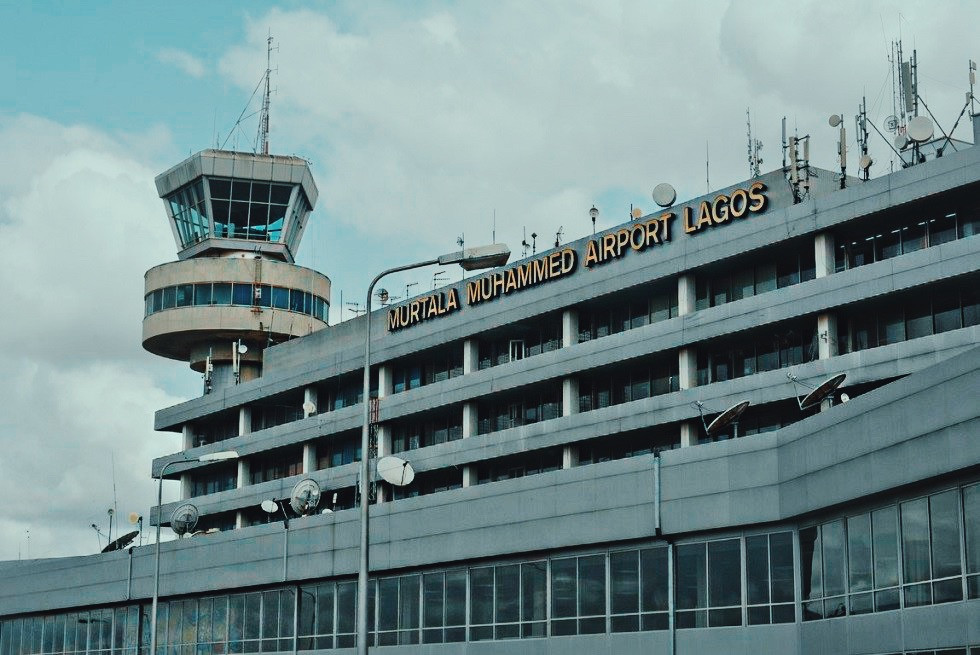Some Nigerian pilots have rejected the complete closure of the domestic runway of the Murtala Muhammed Airport, Lagos.
The Federal Airports Authority of Nigeria had on Wednesday announced the total closure of the domestic runway for 90 days to enable the agency to install Air Field Lighting.
The development means international and local airlines will have no other choice but to use only the international runway (18R/36L) for landing and take-off during the three-month period.
Already, local and international airlines have said the move will make aircraft to burn more fuel while holding in the air for landing clearances.
However, pilots in separate interviews with our correspondent and on some aviation groups supported FAAN’s move to install airfield lighting, after over 10 years of neglect by past government officials.
The pilots, however, said the agency should have adopted a partial runway closure approach to the project, noting that the 24-hour closure of the facility would lead to heavy traffic congestion in the airspace.
A former Managing Director of Aero Contractors and ex-MD of the Nigerian Airspace Management Agency, Capt Ado Sanusi said, “The good thing about the Lagos airport is that it has two runways and both will not be closed at the same time. So, one is going to be in use while the other will be closed. The only negative thing is that the airlines will have to burn more fuel because there’s an increase in taxing time and since it’s one runway, traffic will be a little bit more and so there will be delays in the air. But the entire problem is not even that, the airport runway lighting is something that should have been done, they resurfaced that runway, so it’s something they should have done then at that time.”
The Chief Executive Officer of West Link Aviation, Captain Ibrahim Mshelia, while reacting on an aviation professionals’ platform, condemned the complete closure of the runway.
He said, “It is exciting to hear that the lights are coming on finally, but I’m afraid that closing it (runway) completely will create real traffic chaos. The current curfew on that runway should not be tampered with for obvious reasons. Night construction is possible and will maintain the status quo and cause less or no effect to the current traffic flow and airlines’ operations.
“Closing it (runway) completely will create heavy arrival and departure aerial traffic and ground traffic. Air Traffic Controllers will be stacking aircraft overhead Lagos overwhelmingly with the epileptic radar. Even if the radar was fully functional, when all the aircraft arrive, the air traffic control officers can do little or nothing besides stacking them overhead (the airport). Aircraft will have to keep holding (in the air) and take turns to land. I see so many flight diversions and possible declarations of emergency. This is also rainy season, wrong time to do this in my opinion. I am looking at this as a pilot who knows the airspace for decades.”
He, however, suggested that, “The installation can begin after sunset daily, using construction lights till sunrise, then sweep off and open the 18L/36R at sunrise for normal use as currently being done daily. Technology exists today that you don’t even need to close a runway completely to patch, de-rubberise or resurface. The contractors should know this and what to do. “This is a 2.7km runway. Even if it takes two years, we have waited 10 years doing daylight operations without hope of when. Now we can continue and we know when.”
“But if the government chooses that closing it completely will be what it will do, then it should expect and prepare for crisis and the airlines should expect crisis of schedule delays and diversions. Flight planning provisions allow for only 20 mins holding, this will be overwhelmed almost all the time in Lagos, and aircraft diversions will be very rampant and operators will pay heavily. We also need to prepare for tension at work for controllers and pilots.
Another, pilot, Captain James Daniel, stated that airlines often suffer the most in such situations.
He said, “Do the authorities appreciate the cost that airlines will incur due to waiting times at the holding point? Have they even tried to calculate how much fuel will be burnt by airlines waiting for their turn to take off?
“In the meantime, a few years ago, Chicago’s O’Hare airport which at the time was the busiest airport in the world, replaced the whole runway (please note I said replaced, not resurfaced) in 30 days, and that included lighting, how? Planning, it is that simple, 90 days? Ridiculous.”

